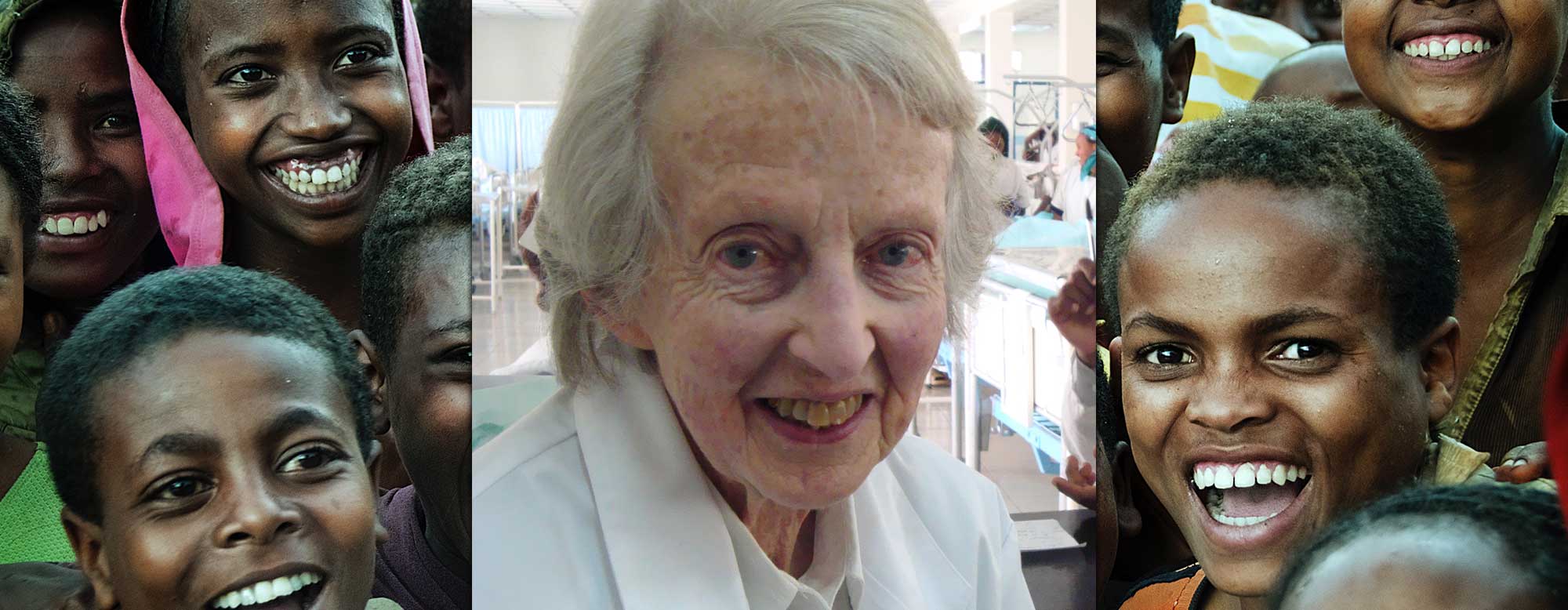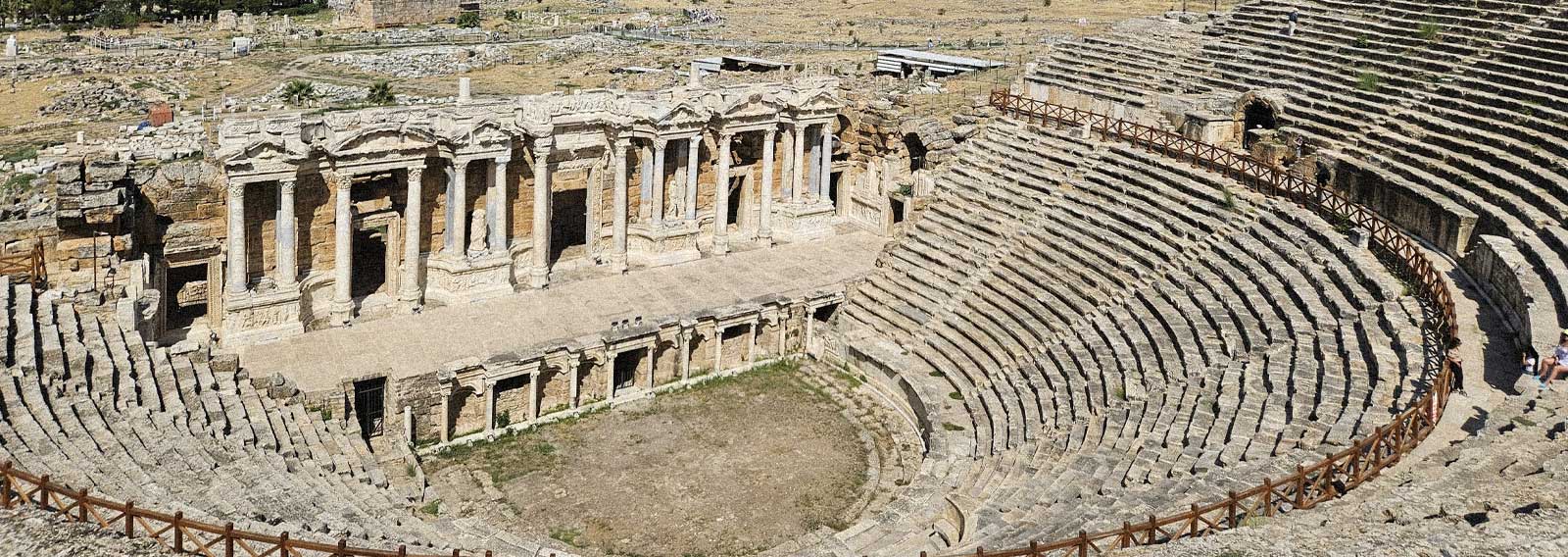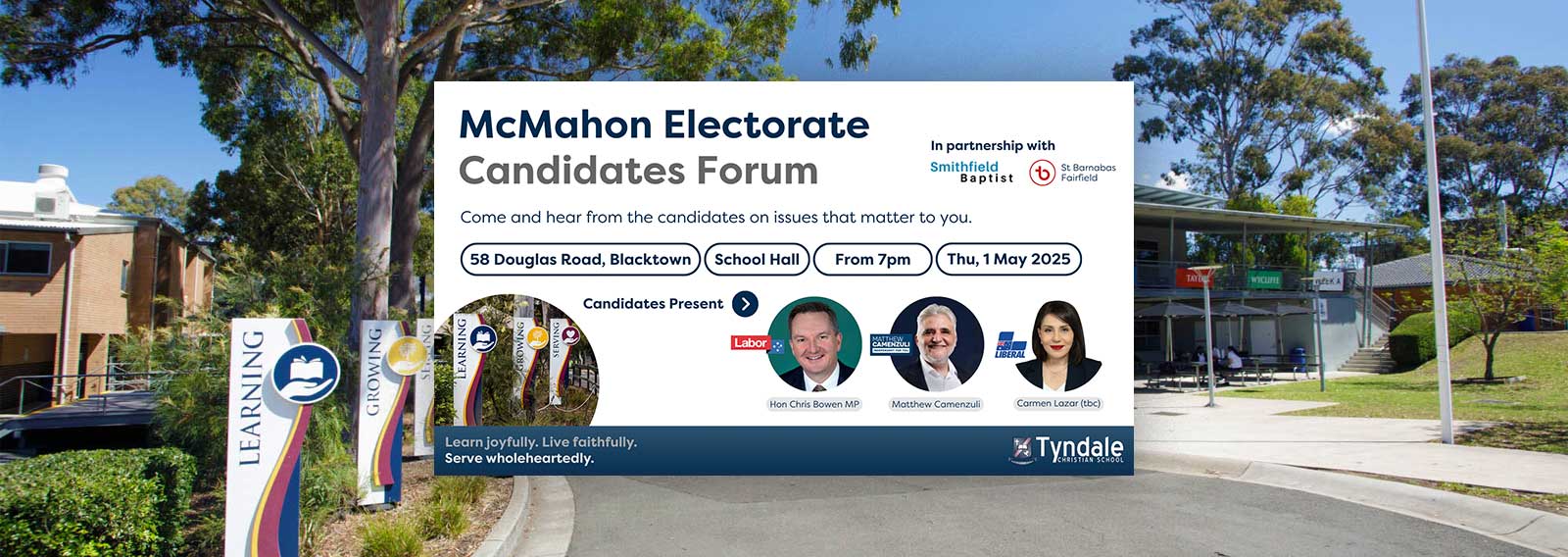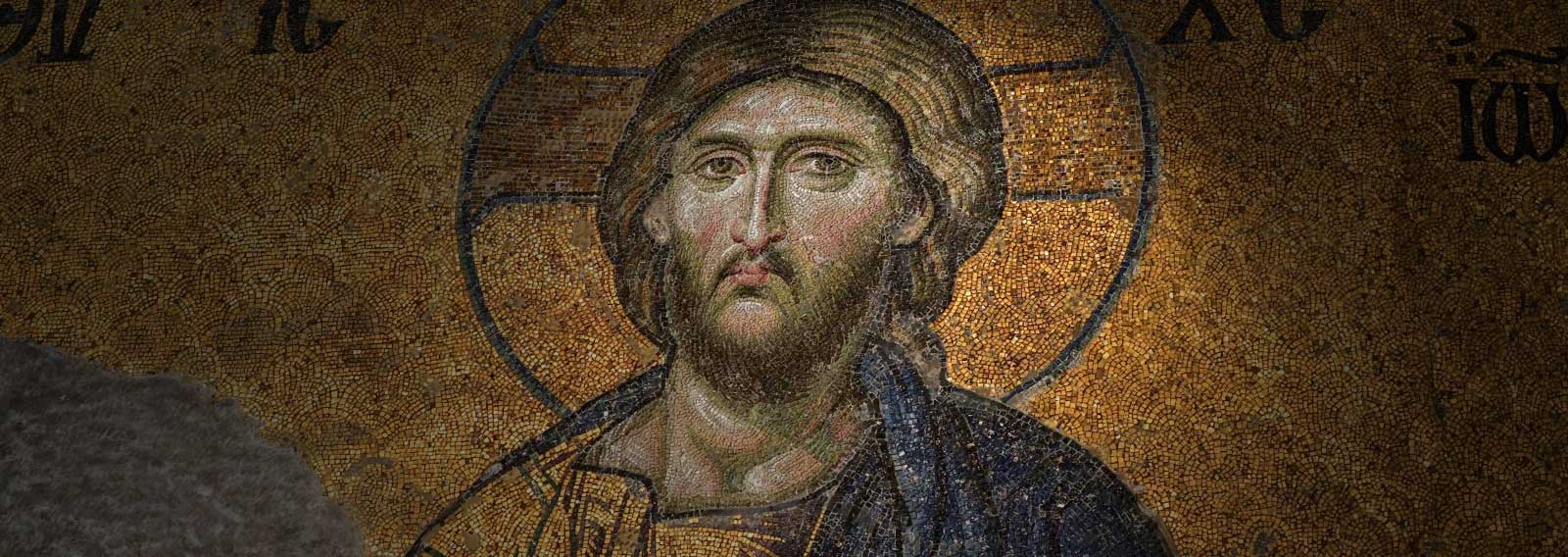In all the media turmoil surrounding COVID-19, you may have missed the passing of Dr. Catherine Hamlin, aged ninety-six. Dr. Hamlin’s gynaecological work in treating Ethiopian women suffering from obstetric fistula was so remarkable that even The Sydney Morning Herald referred to her as “the saint of Addis Ababa”.
Julie White, Chair of Catherine Hamlin Fistula Foundation said: “Catherine has lived an incredible life having made an enormous difference to the lives and health of thousands upon thousands of women in Ethiopia. Her passionate commitment to women and maternal health through her trust and belief in fulfilling God’s work with love and devotion to others is something that we are all in awe of.”
What causes a medical professional—and her late husband Reg—to devout their lives in helping over 60,000 women whom the world would rather forget? Well, as even the SMH acknowledges, it was quite simply her Christian faith. According to Dr Robert Tong AM, the Chair of Hamlin Fistula Australia:
Dr Catherine Hamlin’s dedication of her medical skills to the relief of the suffering of those least able to help themselves and her firm quiet confidence in God’s overarching blessing and provision is seen in the establishment of the Addis Abba Fistula Hospital. Truly an outstanding example of Christian compassion in action.
Rodney Stark writes in his book The Rise of Christianity (HarperOne, 1996) that how the early church responded to the threat of plague was one of the deciding factors in the spread of Christianity. This was because while the pagans fled, leaving their friends and family behind, the followers of Jesus stayed to take care of them.
The Emperor Julian wrote a letter to the high priest of Galatia in 362 A.D. stating:
The impious Galileans support not only their poor, but ours as well, everyone can see that our people lack aid from us.
Stark persuasively argues that if pagan society had “not been disrupted and demoralised by these catastrophes…Christianity might never have become so dominant a faith”. He gives at least two reasons:
First, according to Stark, “The epidemics swamped the explanatory and comforting capacities of paganism and of Hellenic philosophies. In contrast, Christianity offered a much more satisfactory account of why these terrible times had fallen upon humanity, and it projected a hopeful, even enthusiastic, portrait of the future.”
Second, Stark argues that the “Christian values of love and charity had, from the beginning, been translated into norms of social service and community solidarity. When disasters struck, the Christians were better able to cope, and this resulted in substantially higher rates of survival. This meant that in the aftermath of each epidemic, Christians made up a larger percentage of the population even without new converts.”
Dr. Hamlin was a devout evangelical Anglican originally associated with the Sydney Diocese. And according to Russell Powell, the media advisor for the Sydney Anglicans:
The couple took as their inspiration a scripture verse from the Gospel of Matthew, chapter 25 verse 40 ‘whatever you did for one of the least of these brothers of mine, you did for me’. The verse is below Dr Reg Hamlin’s photo which hangs in the hospital.
Powell goes on to record how in her bestselling autobiography, The Hospital by the River: a story of hope (Monarch Books, 2004) Hamlin reconciled the question of suffering with the existence of God. She wrote:
I have sometimes been asked if these tragic cases ever test my faith. I can truly say that, if anything, my faith has been strengthened and my soul more firmly anchored to Jesus as the only one to whom we can turn. Jesus never promised us a smooth or trouble-free passage through life. He did promise to be with us to share the sorrow and the pain…
The joy I receive from working for these patients is something for which I thank God every day. This has been my experience and I know this is what Reg felt too. I am sure that Reg and I were led here. At the time, I did not know it, but in the end, this is the place where we were meant to be. It hasn’t really affected my faith. In fact, if anything, it has strengthened my faith to know that we are doing something that is in His will and the wonderful thing is that it is so enjoyable.
As the world faces a period of severe trial involving COVID-19, Dr Hamlin’s words and life example are a timely inspiration to us all. That it is more blessed to give than it is to receive. And that in the midst of suffering there is faith, hope and love.






















